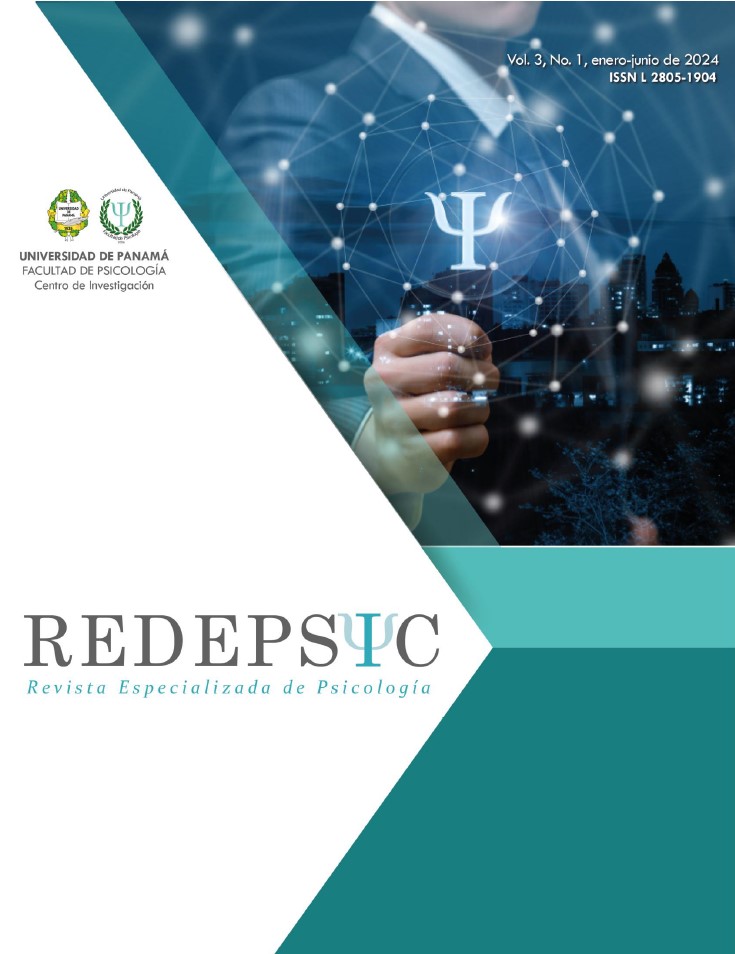

Mobile phone dependency refers to an intense fear or extreme anxiety that people experience when they don't have access to their mobile phones. On the other hand, "academic procrastination" is the tendency to postpone academic or student tasks, such as studying for an exam, completing a project, writing an essay, or doing homework, despite being aware of the importance of these tasks. Finally, "anxiety" is a body's response to stress and dangerous
situations. Mobile phone dependency can lead to academic procrastination, as constant notifications, social media apps, and games can be significant distractions. Additionally, due to excessive mobile phone use, students may postpone their academic responsibilities to continue using their devices, which leads to procrastination. Mobile phone dependency can also be related to anxiety, especially when students feel compelled to constantly respond to messages and notifications. That's why we conducted a study to investigate the relationship between these three variables. We used a quantitative approach and a cross-sectional correlational design. The sample included 187 first and fourth-year students from the Faculty of Psychology at the University of Panama. We used three tools to measure the variables: the Mobile Phone Dependency Test (MPDT) to assess mobile phone dependency, the Academic Procrastination Scale (APS) to measure academic procrastination, and the Zung Anxiety Inventory to evaluate anxiety. The results showed a correlation of r= 0.21 between mobile phone dependency and anxiety, and a correlation of r= -0.10 between mobile phone dependency and academic procrastination. This indicates that in our sample, we did not find a significant relationship between the studied variables.